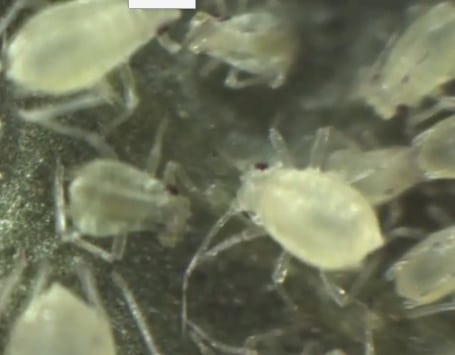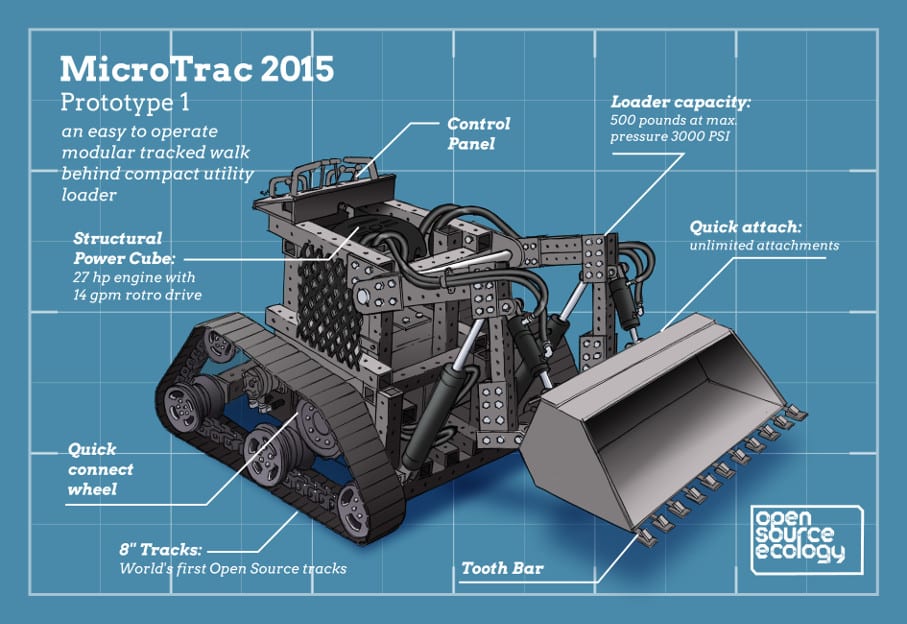Alcohol: A Renewable Energy that Sequesters Carbon and Can Power Our Lives?
Energy and heat are two key physical technologies (to be used on conjunction with social technologies) in moving from our dysfunctional status quo to a future of thriving on one planet’s worth of resources (one planet thriving). Multiple solutions are necessary, including alcohol, stirling engines, rocket stoves and mass heaters, biofuel, and more. Is it true that ethanol is a net energy loser, taking […]
Alcohol: A Renewable Energy that Sequesters Carbon and Can Power Our Lives? Read More »



